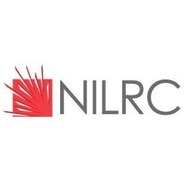
(View Complete Item Description)
These exercises are originally part of the KLaSS module developed by King's College London Library Services to provide information literacy e-learning to students across our faculties. They were built and developed with Adobe Captivate 9 and published in HTML5 format, suitable for use with Moodle.This set of exercises is designed to provide information literacy support to students in the Faculty of Natural & Mathematical Sciences, which encompasses subjects like Informatics, Computer Science, Mathematics and Geography. The database used to demonstrate the principles is Web of Science, a broad resource holding literature on a wide variety of STEM subjects.The lessons cover the following topics:Planning an effective literature search - how to focus a research question and identify its key topics and componentsFinding literature - how to use different search techniques like truncation in Web of ScienceFinding full text articles in Web of Science - how to use the SFX system to look up the full texts of search results, and what to do if you don't immediately get accessWeb of Science Search Tips - using slightly more advanced techniques to run better searches, like using phrase searchingCombining searches in Web of Science - how to use AND & OR to broaden and refine seaches in Web of Science to retrieve relevant articles and informationFiltering search results in Web of Science - how to use Web of Science's filtering options to futhere refine results and exclude irrelevant articlesEach topic has a demonstration video, narrated by the author Tom Edge.The exercises have been published in HTML5 format so they should be compatible with any modern LMS. The authors have only used these files in Moodle 3.0, so cannot offer support for another LMS.
Material Type:
Module
Authors:
John Woodcock,
Thomas Edge











